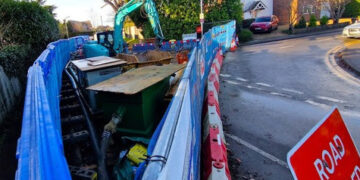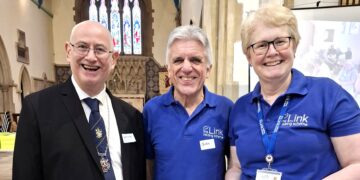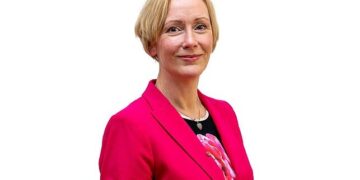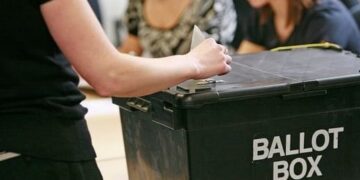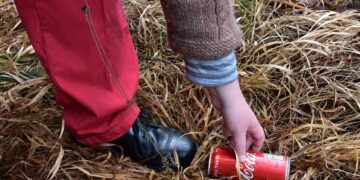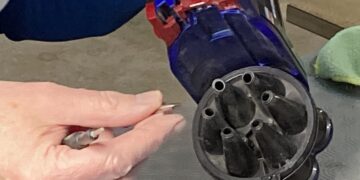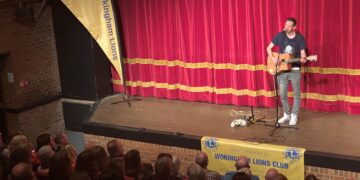
As the local election campaign gets underway, you might be forgiven for thinking that the normal activities of the council attract less attention from councillors as they devote more hours to knocking on doors and delivering leaflets.
But that’s not really the case; even at election time, we continue to work hard to make Wokingham a better place to live and work.
I’m sure that’s an objective on which all councillors, of whatever political party, can agree, however much we differ on the methods used to achieve that common goal.
This week, in my role as executive councillor responsible for fostering, building, and creating partnerships with external bodies, I introduced and participated in two sessions to move forward the council’s commitment to a new and better way of deciding on the council’s priorities.
In the recent past, the council has drawn up a strategy and then consulted on it. With the ink already dry, there has been an understandable reluctance on the part of councillors and council officers (who have invested time and effort in formulating the strategy) to make major changes at a late stage.
As a result, consultation has been more of a litmus test of the popularity of the council’s own proposals than a meaningful exercise in shaping future priorities that reflects the hopes and aspirations of the people we are here to serve.
Over the last 11 months, the new administration at Wokingham Borough Council has adopted a different approach, which is less top-down and more bottom-up. We have been bringing in key stakeholders to get a sense of what they think the council’s priorities should be. We then want to bring in the wider public to make sure we are in tune with their vision of a better future.
In short, we want the views and preferences of the community to be a major influence on the council’s strategy and on the policies that flow from that strategy.
We have already had successful meetings with the voluntary and charitable sector and town and parish councils, and two forum sessions with a wider range of stakeholders, including the probation service, the chamber of commerce, health providers, the fire service and police, educators (including Reading University and local schools) and the Youth Council. All have been invited as equal partners, and the enthusiasm to participate on that basis has come across strongly.
This week, the focus was on local businesses. The sessions were again fruitful. We shared views on what is already going well and areas where we could do better. From the business point of view, perhaps the biggest impediment to successful partnership working with the council is the rules-based culture of parts of the council.
To some extent this is unavoidable, but we want to encourage more flexibility where that is possible and greater focus on the bigger-picture benefits that can come from constructive and responsive engagement with local businesses.
Successful and thriving businesses are vital to the borough. Most obviously, they provide jobs and underpin the local economy. The jobs they sustain put money in people’s pockets and support local spending power, which helps everyone. But local businesses often contribute in other ways, too. They give money, services and time to local good causes and have a strong sense of community responsibility. Some of them – especially shops, cafes, restaurants, and pubs – provide important social value in another sense, as places to meet and talk and feel part of the community. The experience of lockdown brought home to many of us how vital local businesses are to our lives – they are truly the lifeblood of communities.
We should cherish and support them. It follows that we have to adapt as a council to respond to their reasonable requests rather than put obstacles in their way.
I don’t underestimate how challenging this will be. The partnership agenda, as I’ve said many times, is not a quick fix. It requires a lot of effort, as all relationships do.
The council will not always be able to do what local businesses (and other stakeholders) want, for reasons beyond its control, or because it lacks the resources required. But so long as we communicate clearly and openly with each other, we will make progress.
And if we enter into partnership working in the right spirit and engage in constructive ways with each other, the rewards can be enormous.
Everyone can be a winner.
Cllr Stephen Conway is the deputy leader of Wokingham Borough Council and ward member for Twyford




